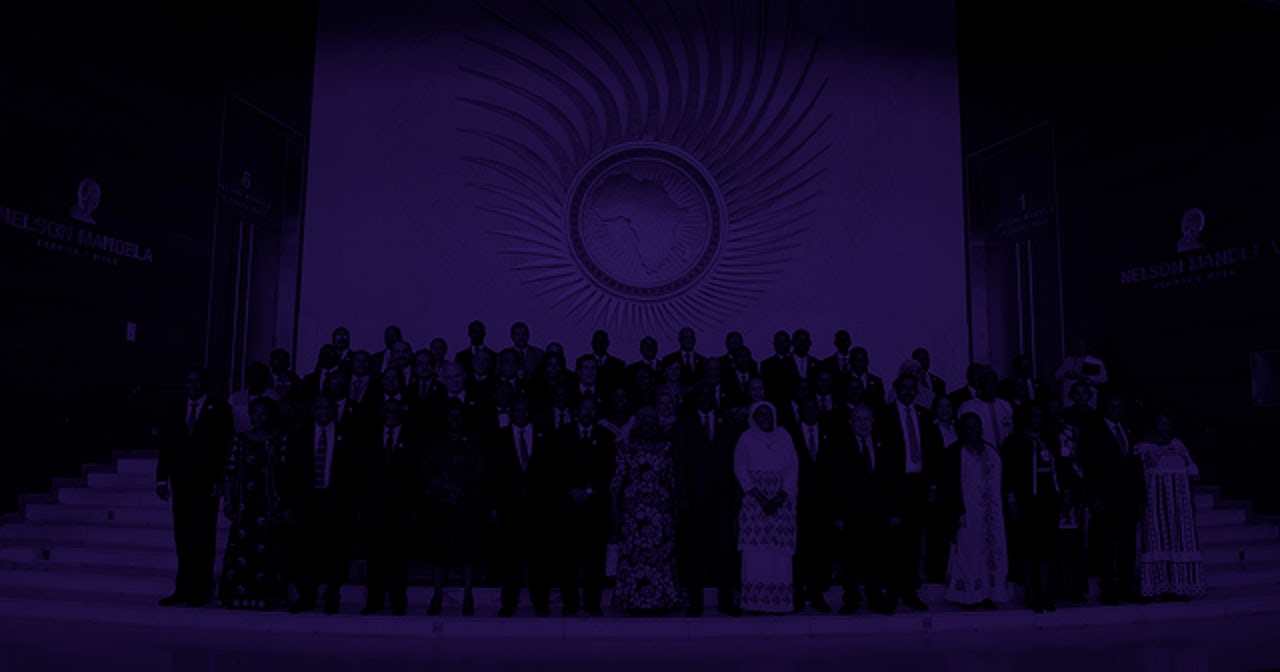Chairperson of the African Union Nkosazana Dlamini-Zuma invoked history to critique President Trump's most recent executive order banning immigrants from seven countries and halting all of U.S. refugee programs.
In Monday’s welcome speech to the 28th semi-annual Assembly of the African Union, which consists of heads of state from each country on the continent, Dlamini-Zuma remarked on the “troubling times” that we seem to be facing, and referred to the dark relationship between Africa and the United States that has been reinvigorated by Trump’s new policy, stating, “the very country to whom our people were taken as slaves during the transatlantic slave trade, has now decided to ban refugees from some of our countries.”
Dlamini-Zuma went on to describe the decision as “one of the greatest challenges and tests to our unity and solidarity.” Her statement marks one of several criticisms that have emerged from foreign leaders in the aftermath of Friday’s order, which blocks U.S. entry for citizens of the African countries of Libya, Somalia, and Sudan, in addition to the Middle Eastern countries of Yemen, Iraq, Iran, and Syria.
The executive order also halts all U.S. refugee programs, a move that threatens the lives of many across the African continent. Refugees fleeing Somalia’s Civil War (which has been going on since 1991) in Kenya, a portion of whom had already been cleared by United Nations and United States officials for resettlement, have been unceremoniously rejected and face a return to Somalia when Kenya’s refugee camp in the city of Dadaab closes later this year.
A 2016 report released by the United Nations High Commissioner for Refugees (UNHCR) found that five of the ten countries hosting the most refugees at the end of 2015 were in Sub-Saharan Africa, and generally, countries in developing regions at that time were hosting 13.9 million refugees from around the world, a vastly disproportionate amount in comparison to the 2.2 million hosted by developed nations.
Newly appointed head of the United Nations and former UNHCR head António Guterres did not directly address the new U.S. policy in his remarks, but commended the generosity of African nations: “African borders remain open for those in need of protection when so many borders are being closed, even in the most developed countries in the world.”
